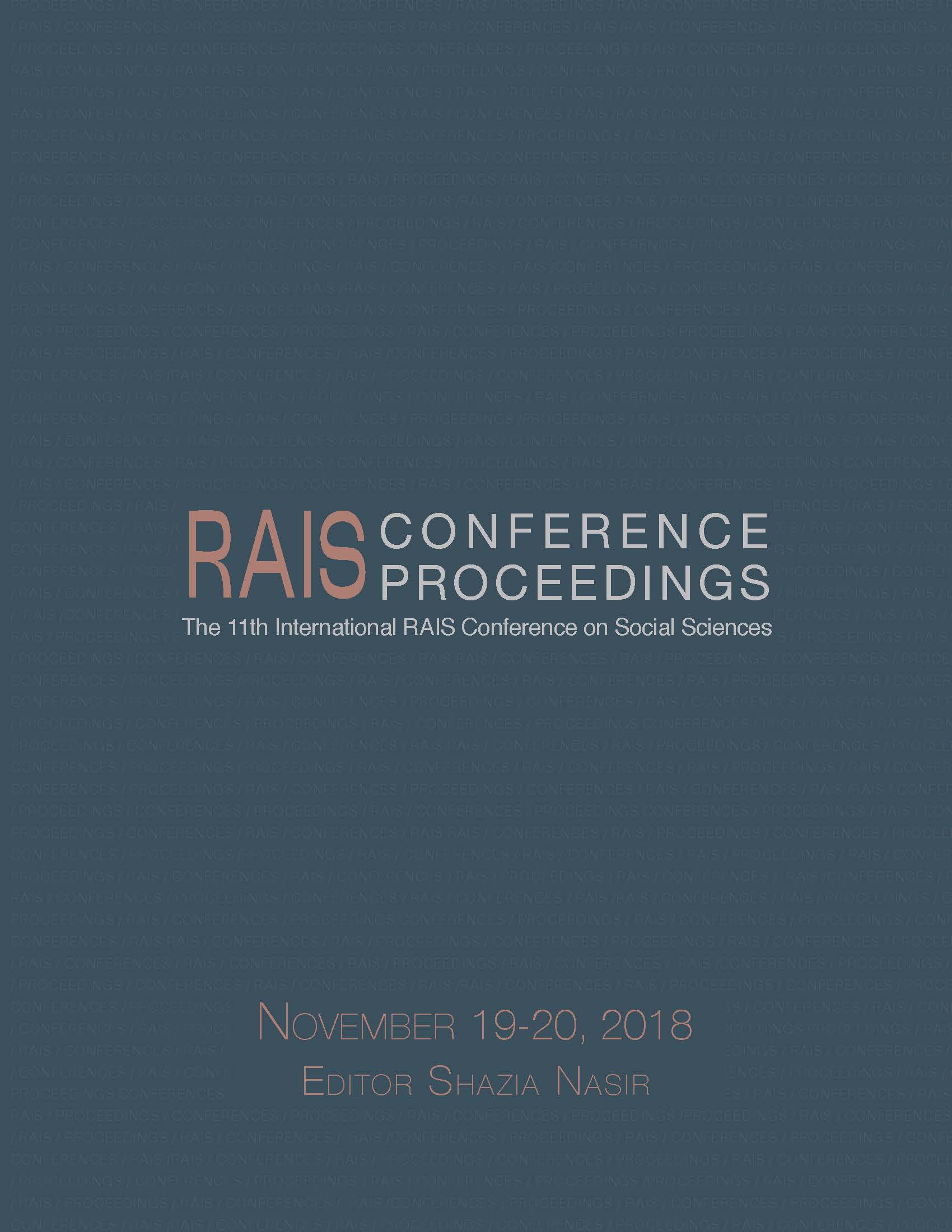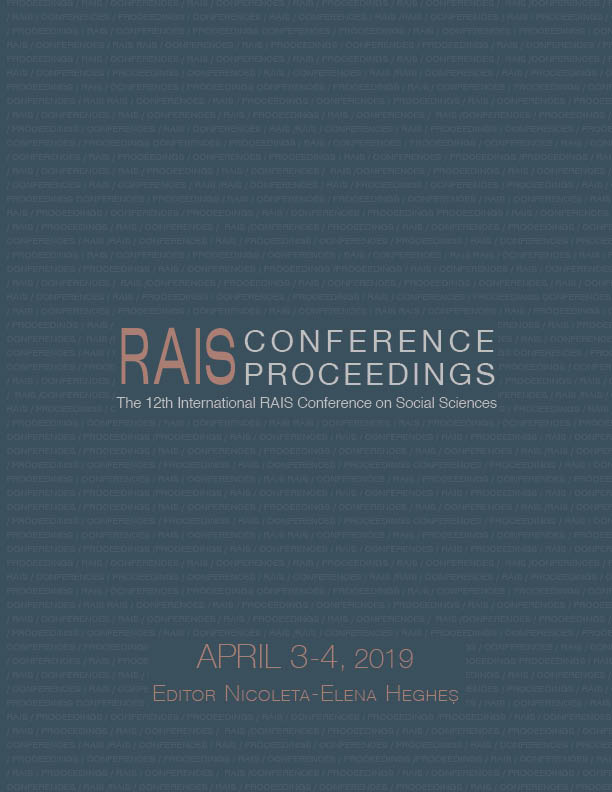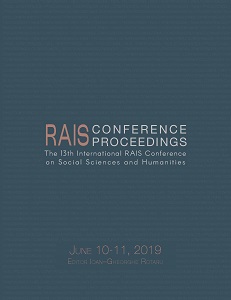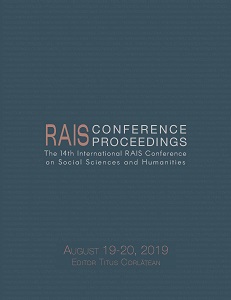
How Dangerous is Space Debris?
How Dangerous is Space Debris?
Keywords: Space Junk; Destruction; Space Debris; Satellite Collision;
Space junk is a problem that requires expert intervention. Last year, the European Space Agency reported that scientists altered the path of an important satellite to prevent a collision with an unknown orbiting object. Space junk - known as orbital debris to scientists who specialize in space matters - travels at speeds of more than 17,500 mph. According to the US National Aeronautic Space Administration, space junk colliding with a satellite or an astronaut-occupied space craft could be catastrophic. The destruction of a working satellite owned by a foreign nation worth millions of dollars might cause national defense or diplomatic problems. Attempts to remove space junk are challenging because there is no clear pattern of how debris is orbiting around our planet - with zero gravity, scientists cannot keep track of each piece of space junk. Furthermore, it is very costly to clean up space. This paper will explain how much orbital debris is in space, how it got there and whether trends are improving or deteriorating. In addition, this research paper will evaluate what solutions can be practically implemented by the international community to reduce space junk and minimize the risks to property and people.
More...


